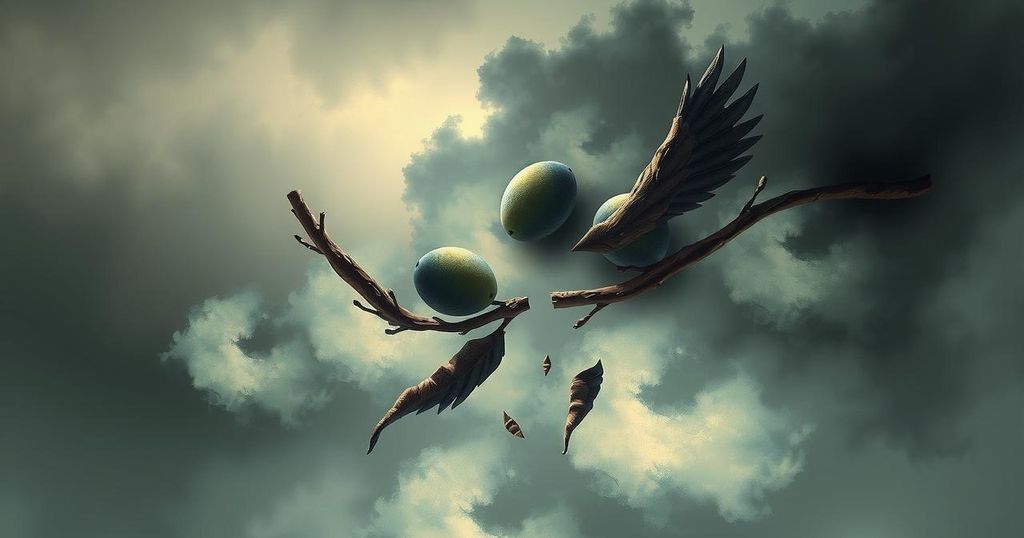Tensions flare between South Africa and Rwanda following accusations from President Ramaphosa against Rwanda for supporting the M23 rebels in the DRC, amid recent casualties of South African soldiers. President Kagame disputes these claims, warning of potential confrontation and asserting that Rwandan forces are not a militia. The conflict has roots in the aftermath of the Rwandan genocide, affecting regional stability.
Tensions have escalated between South African President Cyril Ramaphosa and Rwandan President Paul Kagame regarding the conflict in the eastern Democratic Republic of Congo (DRC). Ramaphosa accused Rwanda of supporting the M23 rebels, which Kagame vehemently denied, labeling the accusation as “lies.” Following the deaths of 13 South African soldiers amidst renewed fighting, Ramaphosa expressed concerns about Rwanda’s role in the conflict, stating that the M23 and a Rwandan Defense Force militia were responsible for the casualties.
In response, Kagame criticized South Africa’s claim that their troops were acting as peacekeepers, asserting that their involvement was more offensive than defensive. He emphasized that Rwanda’s military is not a militia and threatened to confront South Africa if the country continues to issue threats. Kagame’s comments echoed longstanding tensions over accusations that Rwanda is involved in instability within eastern Congo.
The ongoing conflict in the DRC has roots extending back to the chaos that erupted following the 1994 Rwandan genocide. Perpetrators of that genocide fled to the DRC, creating a security concern for Rwanda. As hostilities continue, the Congolese government accuses Rwanda of seeking to exploit the country’s significant mineral resources, deepening the animosity between the two nations as the humanitarian crisis worsens.
The Democratic Republic of Congo has been embroiled in conflict for over three decades, exacerbated by the aftermath of the Rwandan genocide. Many perpetrators fled to the DRC after the genocide, where they evolved into threats against Rwanda. The involvement of various groups, including the M23 militia, has led to ongoing fighting, resulting in foreign military interventions, notably by South Africa as part of U.N. and regional peacekeeping efforts.
In summary, the recent exchanges between the leaders of South Africa and Rwanda highlight the complexity of the conflict in eastern DRC. The allegations concerning Rwanda’s support for the M23 rebels and the subsequent casualties among South African forces have intensified diplomatic tensions. Both nations must navigate these challenges carefully to prevent further escalation and promote stability in a region deeply affected by historical grievances.
Original Source: www.voanews.com




